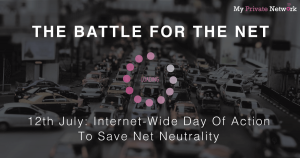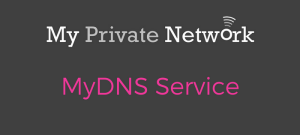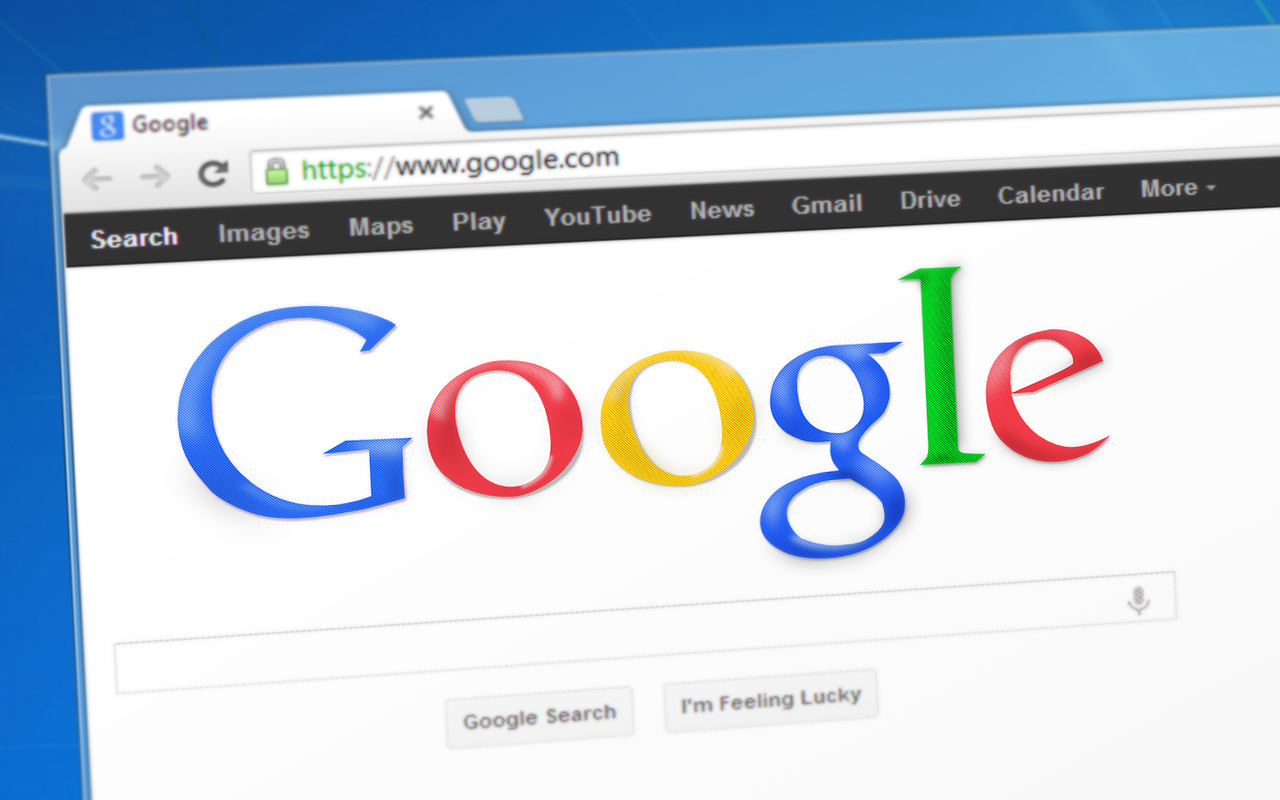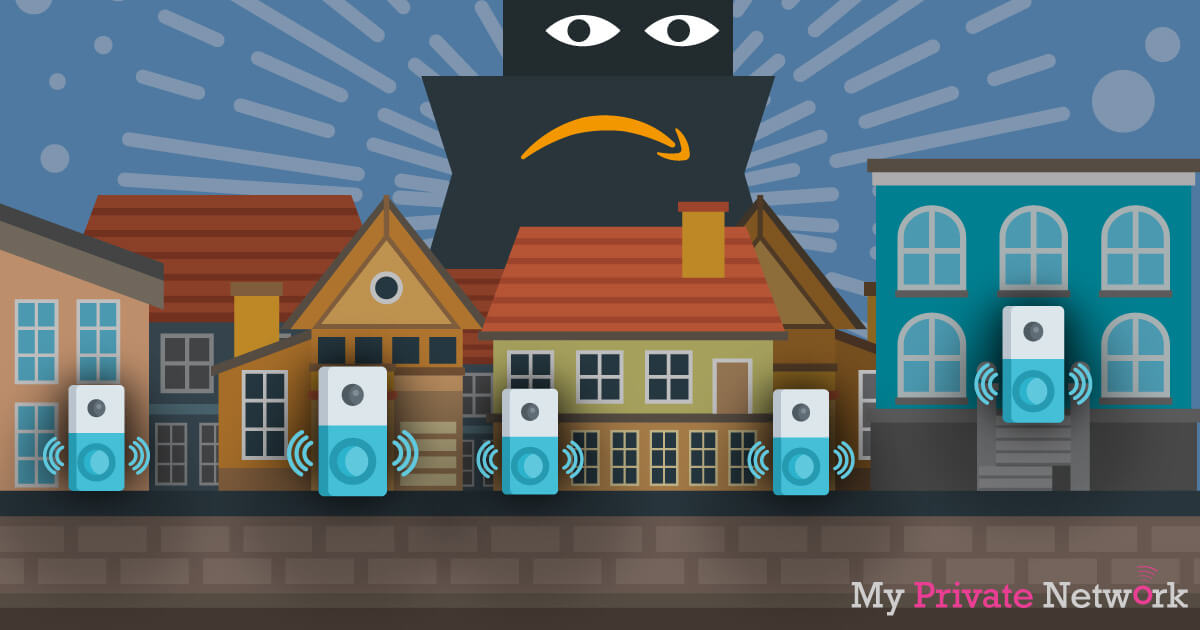U.S. Senate Makes Landmark Vote to Repeal Internet Privacy Protection
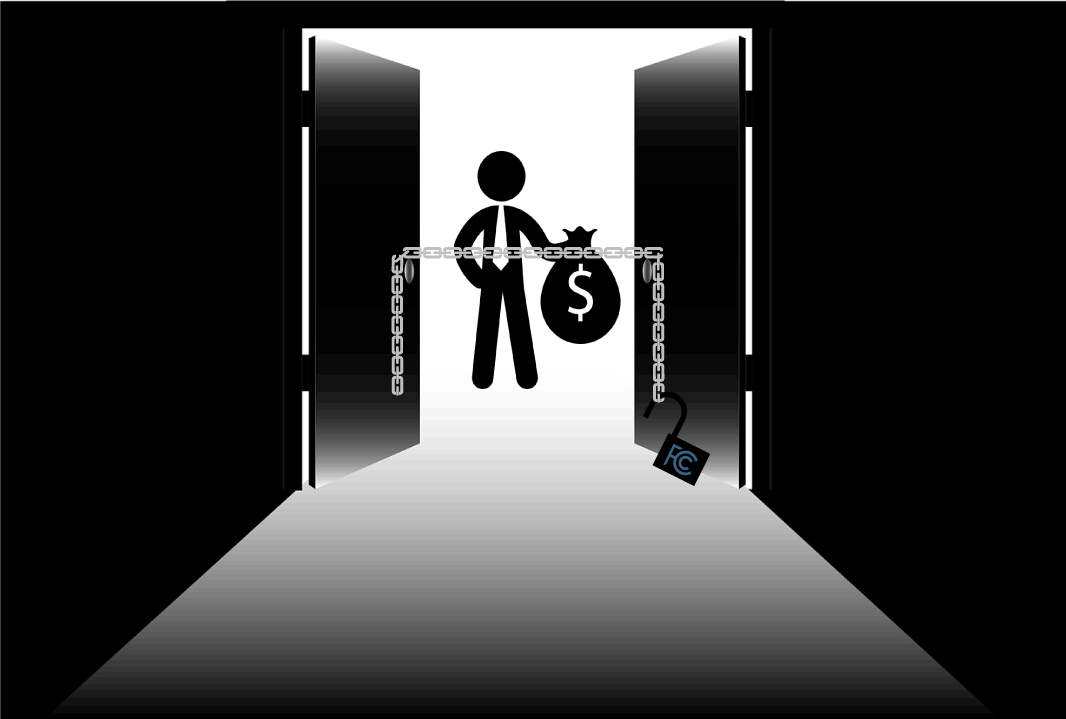
Last week, the U.S. Senate voted to reverse the FCC privacy protection rule which would have required Internet Service Providers (ISPs) such as AT&T and ComCast to get explicit permission from subscribers before sharing “sensitive” information about them. This same rule also required internet providers to protect that information from hackers and inform customers of any breaches.
It’s crazy how we went from the Snooper’s Charter in the U.K. just a few months ago to this current monstrosity brewing in the U.S. It can’t be repeated enough that this is becoming an increasingly important issue as more people spend more time online with even more internet devices.
How serious is this?
Well take for example Google or Facebook. When you use Facebook, and interact with the people, pages, groups or businesses, Facebook is constantly tracking you so that it can better understand your behavior and personality. It goes even deeper if you’re also using another service by “Facebook Login” – now Facebook can also tie these services to your online persona. Ultimately, providing them with enough data for ad targeting – which is how they make money, and why YOU are the product. By the way, Google does this too.
If they’re already selling my data to advertisers, how is the FCC repeal any different?
This is where the repeal sets a very dangerous precedent. Now with Facebook or Google, you could always use another social network or search service such as Pinterest (social image sharing), NextDoor (private social network), DuckDuckGo (search engine), and others alike. However, how many ISP choices do you have? In most cases, just one. This means that even if you opt out of Facebook or Google or any other online services for that matter, there’s still one major layer you can’t opt out of – your ISP. As Marc Rotenberg told Buzzfeed News:
“This was a short-sighted decision that puts American consumers at risk of increased identity theft, data breach, and financial fraud.”
How does this affect me?
Well, at the moment, no matter whether you’re using Facebook, Pinterest, Google, Firefox, Internet Explorer or any other online services – as long as you’re doing something online – your ISP will know. In which can be sold for chump change to advertisers – without the need for your consent.
What can I do about it?
If you value your privacy in any way, use a VPN, all the time, every time.
My Private Network is head quartered in Hong Kong, which does not have any mandatory data retention laws. We do not log any connection data so whatever you do when connected to our servers is not logged by us. We also use all our own DNS servers and again, we do not keep any logs of the DNS requests. Finally, your connection to us is fully encrypted, keeping your private information private.
The Register has a number of worthwhile articles on this new rule, I urge anyone interested to read them:
https://www.theregister.co.uk/2017/03/28/congress_approves_sale_of_internet_histories/
http://www.theregister.co.uk/2017/03/28/so_my_isp_can_now_sell_my_browsing_history_what_can_i_do/

